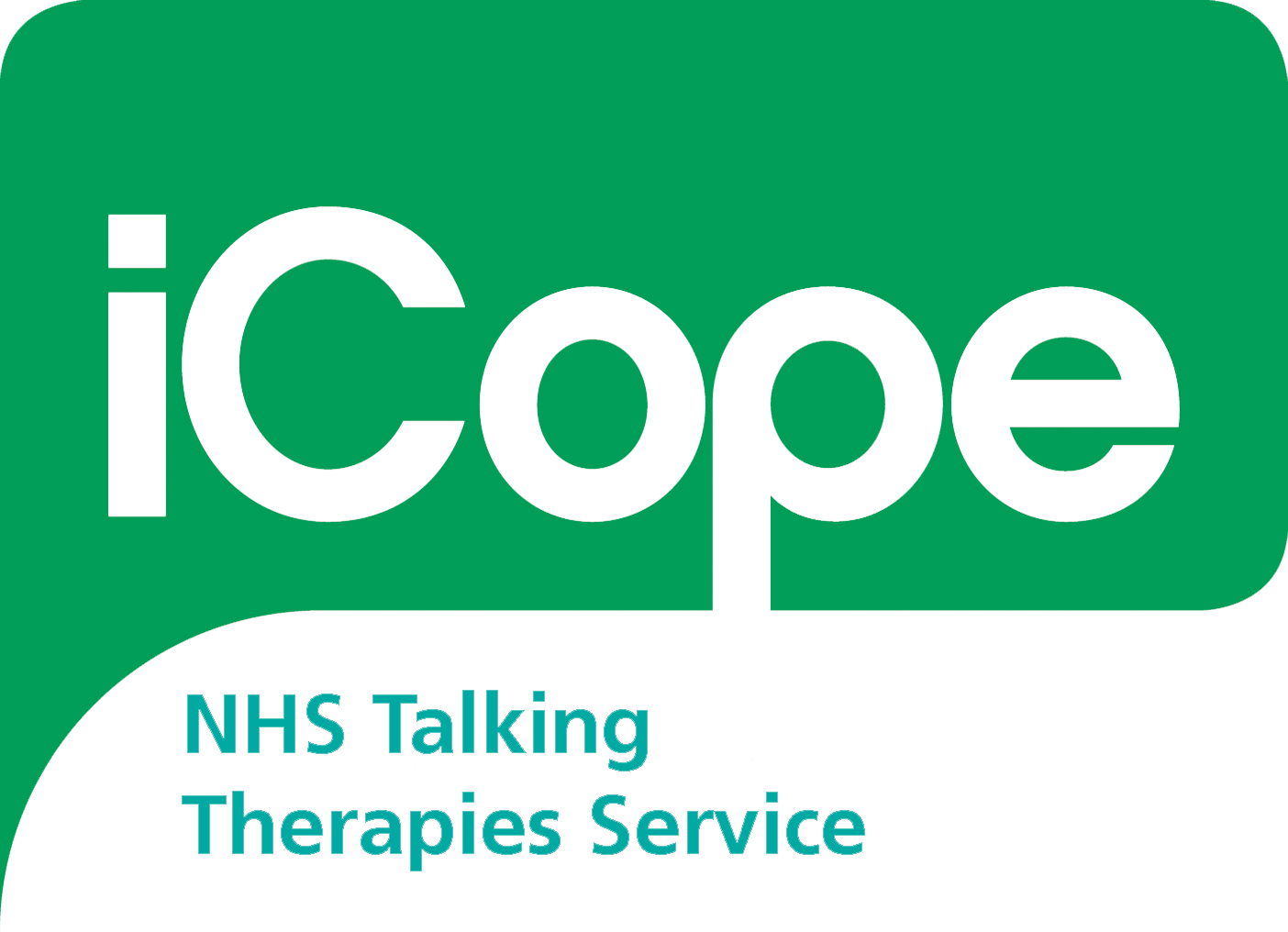Self-esteem is about how we view ourselves, and in particular it is the amount of value we consider we are worth. This shows itself in how we think (about ourselves and the way other people see us), how we behave (that might involve being withdrawn, defensive, or avoidant) and how we feel (that might include sadness, defeat, shame).. When someone suffers from low self-esteem, they tend to have a more negative and critical view of themselves. This can then impact on their ability to cope with life’s challenges.
Research into self-esteem defined it as consisting of 3 components:
- How I see myself
- How I see myself compared to others
- How I believe others see me
These beliefs or perceptions make up self-esteem and becomes the model we use for how we view ourselves over time.
If someone suffers from low self-esteem for a long time, this can be harmful to their general wellbeing and mental health, often leading to anxiety and/or depression.
There can be many causes of low self-esteem. Psychological therapy can be very helpful for people with low self-esteem. It can teach people to be kinder to themselves, learn to be more assertive, and build more positive relationships. It is very common for people who experience depression to view themselves in a negative light. It might be that a poor opinion of yourself may have started in the context of depression. Treating depression could restore confidence and challenge the self-critical thoughts and negative perceptions you may hold about yourself.




